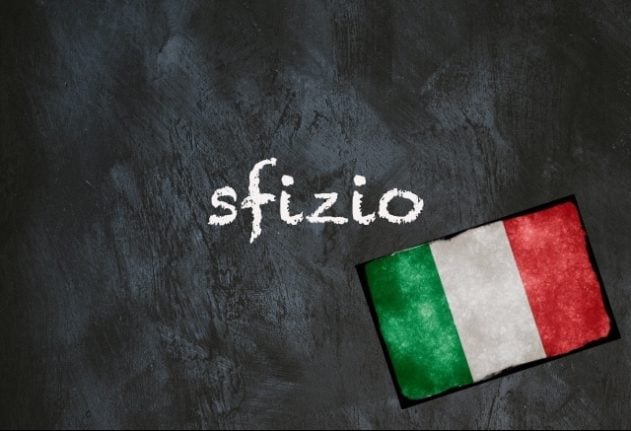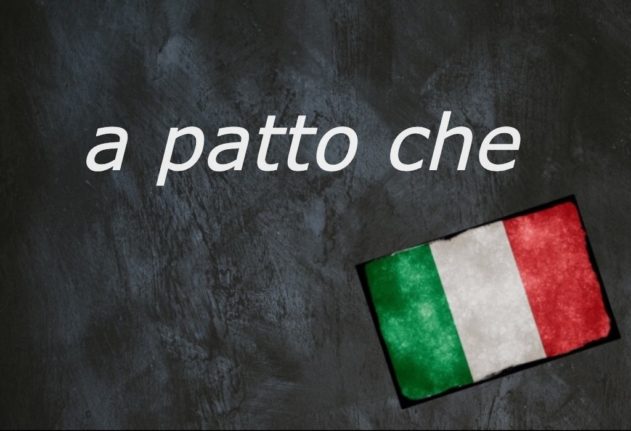Italy is a great place to give in to simple pleasures. That pastry you have for breakfast, or the extra cup of coffee you allow yourself after lunch. Or perhaps just those last five minutes taking in the sunshine when you really should be back at your desk already (ahem, guilty).
Naturally Italians have a word for such indulgences: sfizi (plural), the little ‘whims’ or ‘fancies’ that strike all of us now and then.
Uno sfizio (pronounced “svee-tsio”) is something you don’t need but for whatever reason, you want.
Ognuno ha i suoi sfizi.
Everyone has their whims.
In Italy such desires are often met by food, which is why you often see sfizi crop up on menus: it’s a term for all the extras you might be tempted to add to your order – ‘treats’, essentially. You might also see the adjective form, sfizioso, used to describe dishes (or any other things) that are ‘indulgent’ or ‘extravagant’.
Insieme ai vini vengono serviti sfizi locali.
Delicious local delicacies will be served along with the wine.
Questo gelato è proprio sfizioso.
This ice cream is really indulgent.
But uno sfizio isn’t just the thing that satisfies your craving, it’s also the craving itself. You talk about ‘freeing yourself from the whim’ (tolgiersi or levarsi lo sfizio), or as we might put it in English, ‘giving in to the urge’ or ‘scratching the itch’.
Oggi mi leverò uno sfizio, comprerò quel giubbotto che desidero da tanto tempo.
Today I’m going to give in to the urge and buy that jacket I’ve had my eye on for so long.
È uno sfizio che devo togliermi.
It’s an itch I just have to scratch.
Caprices like these can drive you to act per sfizio: ‘on a whim’, ‘just for fun’ or ‘for the heck of it’.
Me lo sono comprato solo per sfizio.
I bought it purely on a whim.
La Juve sembra quasi giocare male per sfizio.
Juventus almost seem like they’re playing badly for the heck of it.
Which sfizi will you give in to today?

Do you have an Italian word you’d like us to feature? If so, please email us with your suggestion.



 Please whitelist us to continue reading.
Please whitelist us to continue reading.
Member comments